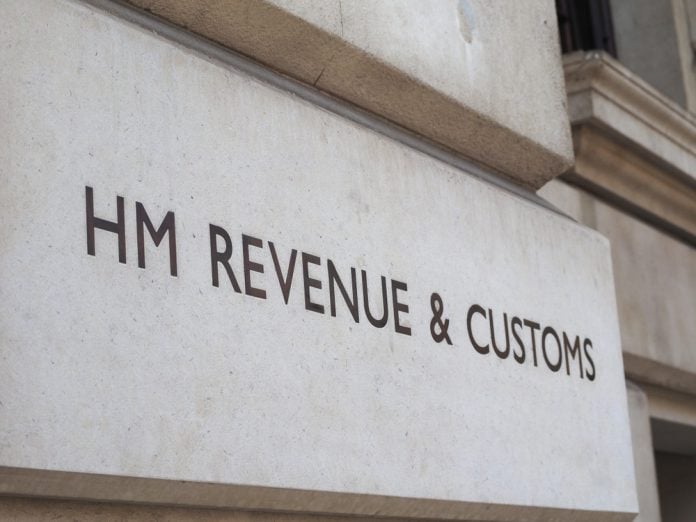HM Revenue & Customs (HMRC) has reported that its industry tax income has fallen overall by 6% on corresponding 2019/2020 financial year results.
Publishing its ‘provisional’ National Statistics on UK Gambling, HMRC reported that industry (betting and gaming) tax receipts registered from April 2020 to March 2021 had totalled £2.83 billion down £182 million (6%) on 2019/2020 fiscal duties.
As anticipated, HMRC stated that the lower industry receipts outcome was attributed to the COVID-19 pandemic enforcing the closure of betting and gaming venues from April 2020 onwards.
Changing market dynamics saw HMRC record a 25% increase in tax receipts recorded from Remote Gaming Duties (RGD) from online casino/games verticals which totalled £885 million – up £179 million on 2019/2020 results.
Accounting for 31% of total industry income, RGD increased tax duties were recorded against a 44% decline in Machine Gaming Duties (MGD) to £282 million and a further 62% decline in land-based Gaming Duties (GD) to £79 million.
“Increases in RGD against previous financial years are potentially due to gamblers utilising online services in lockdown more so than they would if betting shops, bingo halls and other gambling premises were open as normal” – HMRC communicated.
Betting Duties accounted for total receipts of £604 million, up 2% on 2019/2020 results of £591 million – with 98.4% allocated from General Betting Duties covering remote and retail wagers.
Despite the growth of receipts, HMRC underlined that performance had been below expectations likely due to the “cancellation of several sporting events due to the coronavirus pandemic may have contributed to this rise being limited”.
Lottery Duty remained the HMRC’s highest industry income generator, recording provisional receipts of £980 million, up £12 million (1%) on 2019/2020 results.
Despite certain COVID-19 restrictions, HMRC noted that Lottery Duties had remained stable against previous financial years, with the sector further recording peak activity during February 2021 which registered receipts of £101 million alone.




















